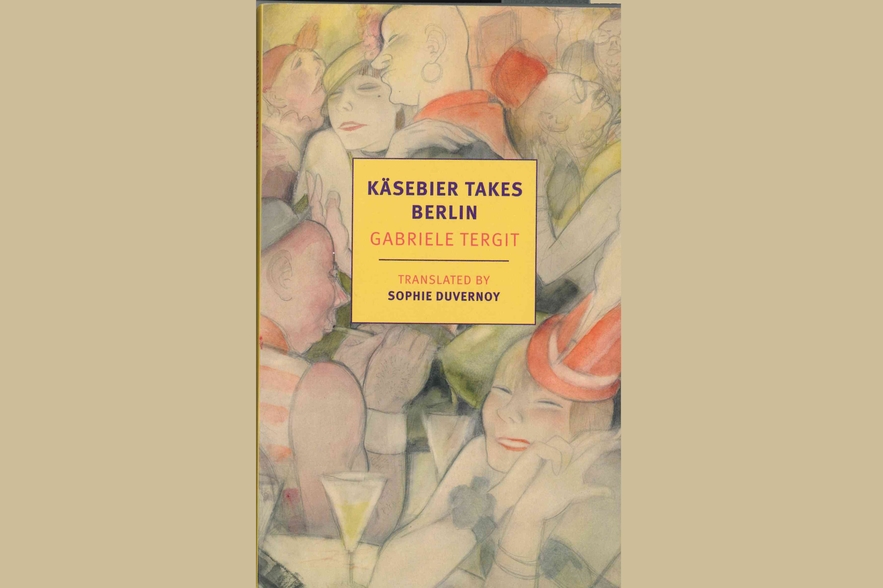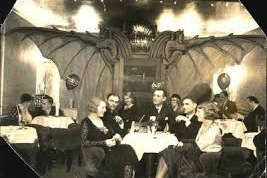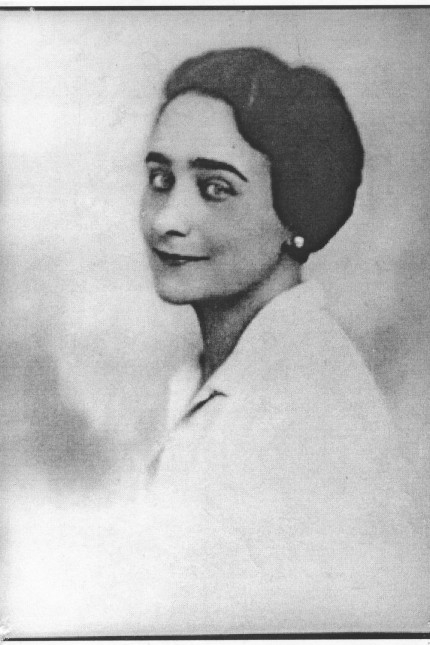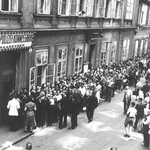Book Club: Käsebier Takes Berlin
by Gabrielle Tergit


- Date/Time
- –
- Format
- Online
- Admissions
- General: Free
About the Book
In Berlin, 1930, the name Käsebier is on everyone’s lips. A literal combination of the German words for “cheese” and “beer,” it’s an unglamorous name for an unglamorous man—a small-time crooner who performs nightly on a shabby stage for laborers, secretaries, and shopkeepers. Until the press shows up.
In the blink of an eye, this everyman is made a star: a star who can sing songs for a troubled time. Margot Weissmann, the arts patron, hosts champagne breakfasts for Käsebier; Muschler the banker builds a theater in his honor; Willi Frächter, a parvenu writer, makes a mint off Käsebier-themed business ventures and books. All the while, the journalists who catapulted Käsebier to fame watch the monstrous media machine churn in amazement—and are aghast at the demons they have unleashed.
In Käsebier Takes Berlin, the journalist Gabriele Tergit wrote a searing satire of the excesses and follies of the Weimar Republic. Chronicling a country on the brink of fascism and a press on the edge of collapse, Tergit’s novel caused a sensation when it was published in 1931. As witty as Kurt Tucholsky and as trenchant as Karl Kraus, Tergit portrays a world too entranced by fireworks to notice its smoldering edges.
(Description: New York Review of Books)
Our Guest: Peter Jelavich
We welcome back to our book club as our guest Professor Peter Jelavich, who has been with us in the past to discuss Berlin Alexanderplatz, Nathan the Wise, and The Oppermanns.
Peter Jelavich specializes in the cultural and intellectual history of Europe since the Enlightenment, with emphasis on Germany. His areas of interest include the interaction of elite and popular culture; the history of mass culture and the media; and the application of cultural and social theories to historical study. He is the author of Munich and Theatrical Modernism: Politics, Playwriting, and Performance, 1890-1914 (1985), Berlin Cabaret (1993), and Berlin Alexanderplatz: Radio, Film, and the Death of Weimar Culture (2006). He currently is writing a book on censorship of the arts in Germany from 1890 to the present.
About the Author

Gabriele Tergit (1894–1982) was a novelist and journalist, known initially for her courtroom reporting. After gaining fame for Käsebier Takes Berlin, her writing career was cut short when the Nazis rose to power in 1933. She immediately fled to Czechoslovakia, then Palestine, and finally London. After the war, her work was largely forgotten by the public, but she continued to work on behalf of other authors as the honorary secretary of the London PEN Centre of expatriate German-speaking authors. (Description: New York Review of Books)
Finding the Book:
The novel Käsebier Takes Berlin can be found in many libraries and bookstores. It can be found for purchase online at New York Review of Books and Amazon.



